Soursop, Annona muricata, is derived from the botanical Annonaceae family. It is a small evergreen tree that reaches a height of 15-18 ft (5-6 m). Soursop has large dark green and glossy leaves. Bears large fruit which reach 6-9" (15-23 cm) in diameter and yellowish green in colour, but has a white interior.
Soursop is found in warm tropical regions of North and South America, including the Amazon. Fruits of Soursop are sold in local stores in the tropics, where it is called Guanabana- in Spanish speaking countries and Graviola in Brazil.
Composition of Soursop
Soursop contains numerous chemicals which may be useful in case of serious disease, such as cancer as well as against pathogenic agents. In the chemical composition of Soursop there are anon acetogenins - anoheksocin, anokatalin, anomontacin, anomutacin, cohibin A to E, corepylon, yavoricin, montanacin, montecristin, murikapentocin, izoanonacin, muricatalin and others.
Selecting and storing Soursop
Soursop can be purchased in nutritional supplements based on it. They can be bought from specialist shops, or online stores. Additives based on it are relatively expensive.
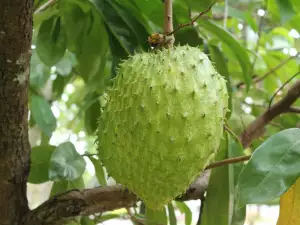
Dosage of Soursop
A suitable dose of Soursop depends on factors such as your age and health condition. There is still insufficient scientific information on which to determine the appropriate number of doses of Soursop. However, keep in mind that natural products are not always safe and should not be used too much.
Benefits of Soursop
All parts of Soursop may be used - leaves, skin, seed, stem, roots and fruit. In some Polynesian islands, Soursop tea is taken daily to lift the mood. Besides taking medicine, the fruit is consumed regularly in South America, it is a tasty and very refreshing fruit.
Soursop and Soursop products have very good nerve tonic and sedative effects, while significantly raising your mood. Soothing effect on the body is connected with the ability of the extract of leaves of Soursop to lower blood pressure.
It is scientifically proven that the extract from the fruit of Soursop contains three major compounds which act as serotonin in the brain. Soursop has good cytotoxic properties, which means that it has the ability to kill cells that are not functioning properly.
Extracts from the leaves, roots, seeds and stems are antibacterial against many pathogenic bacteria, the skin has antifungal properties too. Soursop seeds show strong anti- parasitic properties. Crushed seeds of Soursop are used as a tool against external and internal parasites, lice and others.

The skin, roots and leaves of the plant are applied as antispasmodic, a sedative and a means to lower blood pressure at bedtime. Furthermore, they enhance the condition of the nerves.
Back in 1976, the National Cancer Institute has found that the stem and leaves of Soursop showed active cytotoxicity against cancer cells. Much of the research on the impact of Soursop on cancer focuses on newly discovered species phyto- substances called anon acetogenins.
Dangers of Soursop
Soursop is unsafe. In 2002 the Movement Disorders journal published a study which links high percentage of movement disorders seen in an Indian tribe with excessive use of the fruits of Soursop. Until now, however, there is an absence of specific evidence of a possible link. Consumption of Soursop is contraindicated for pregnant women and nursing mothers.
People with low blood pressure should also avoid consumption of Soursop. On the other hand, Soursop can lead to the destruction of the normal intestinal flora in the digestive tract. It is recommended that if the plant is used for a period longer than 30 days, digestive enzymes and probiotics are added to your nutrition.
When taking a large single dose, it can cause nausea and vomiting. In such a case, the dosage should be reduced.
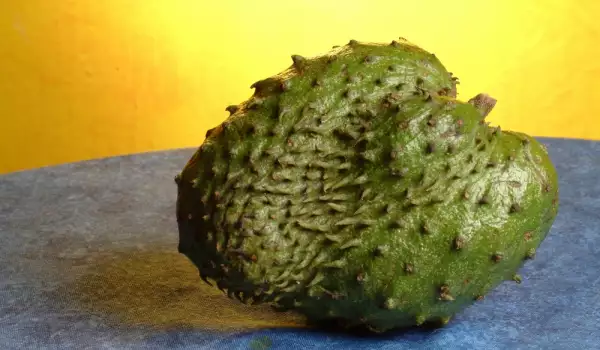
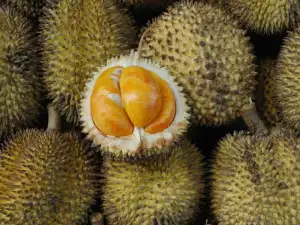





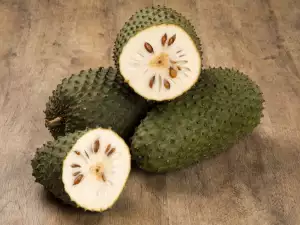

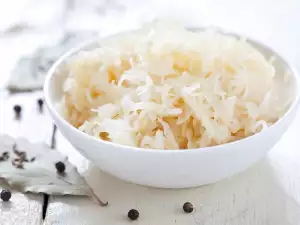





Comments